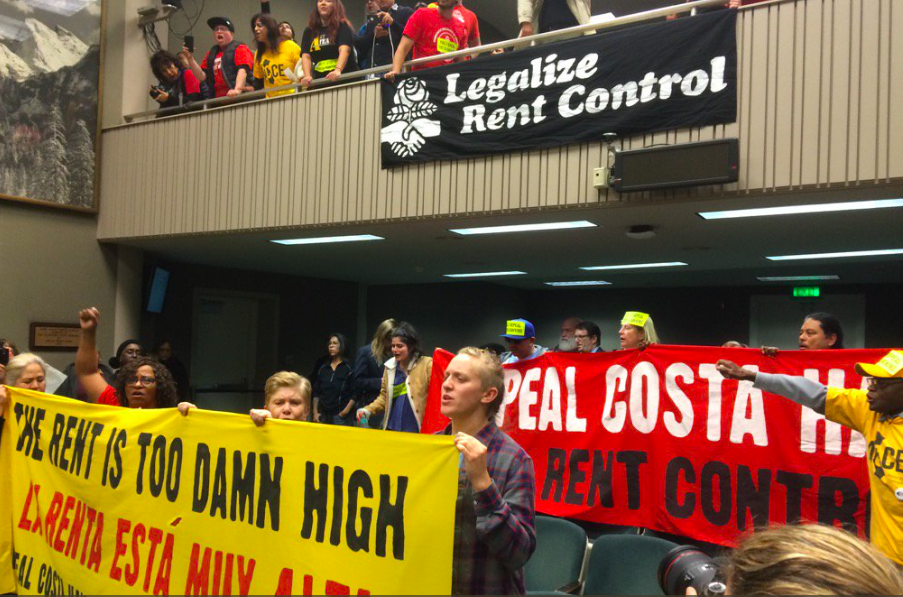A Superior Court judge in Los Angeles issued a ruling this week that prevents the state from forcing the city of Redondo Beach, and several other Los Angeles suburbs, to allow single-family lots to be split into duplexes.
The decision by Judge Curtis Kin found that SB 9, a state law mandating that cities approve those splits “ministerially” violates the state Constitution, which gives considerable authority over local land-use decisions to charter cities.
It’s kind of a technical issue, and the state will appeal, and the Legislature may try to change the law, and none of this is even remotely settled.

And it involves a few very rich suburban communities, and I have no particularly sympathy for them.
But there’s a critical element of this, one that goes way beyond the wealthy suburbs that don’t want upzoning.
For the first time, unless I have missed something, a court in California has ruled that there’s no demonstrable connection between increased density and housing affordability.
If the appellate courts agree, it could be a profound defeat for the free-market Yimby agenda, which holds that any new housing, anywhere, will eventually bring down prices.
The language in the ruling is fascinating. The court noted that charter cities have the right to make their own rules, unless the state Legislature demonstrates that there’s an issue of “statewide concern” to overrule local control.
Judge Kin looked at the plain language of SB 9, which states that “ensuring access to affordable housing is a matter of statewide concern.” Then the court asked: Does allowing market-rate housing on split lots address the affordable housing crisis?
The court, again for the first time I have ever seen, cites the work of Michael Storper, the economic geographer at UCLA, who states that “there is virtually no evidence” that this sort of upzoning in wealthy areas will in any way promote lower costs, particularly that “lower costs [will] trickle down to the lower two-thirds of households.”
In fact, the judge said, SB 9 may lead only to the development of “housing for high-income households, thereby resulting in little improvement in access for lower- and moderate-income households.”
This is nothing new to folks who argue that density, driven by market-rate developers, does not equal affordability.
But it’s the first time a state court has ruled on the issue.
Toni Atkins, the San Diego Assembly member who sponsored SB 9, said the Legislature can just amend the law. From KQED:
In a statement, state Sen. Toni Atkins (D-San Diego), who authored SB 9, called the judge’s ruling “sadly misguided” and vowed to “remedy any loopholes biased city governments might utilize” to block new housing.
“The assertion by NIMBY city governments that SB 9 is only about subsidized housing is a stretch at best,” said Atkins, who recently stepped down as Senate President Pro Tempore. “The goal of SB 9 has always been to increase equity and accessibility in our neighborhoods while growing our housing supply and production across the state.”
If there is any reason to believe that more market-rate housing increases “equity,” I have not seen it. (The Harvard scholar Susan Fainstein notes that “equity is by definition redistributive.” That means taking from the rich to help others. It doesn’t mean more market-rate development.)
If the Legislature decides to amend SB 9, the easiest solution would be to remove the language that talks about affordable housing. That would be a fitting epitaph to this entire episode, an admission that affordability is not the primary goal of state housing policy.
And at some point, everyone watching this debate is going to have to admit that the Yimby agenda is not bringing prices down or addressing homelessness. Then what do the Scott Wiener’s of the world do with their hundreds of pro-market housing bills?
We shall see.





